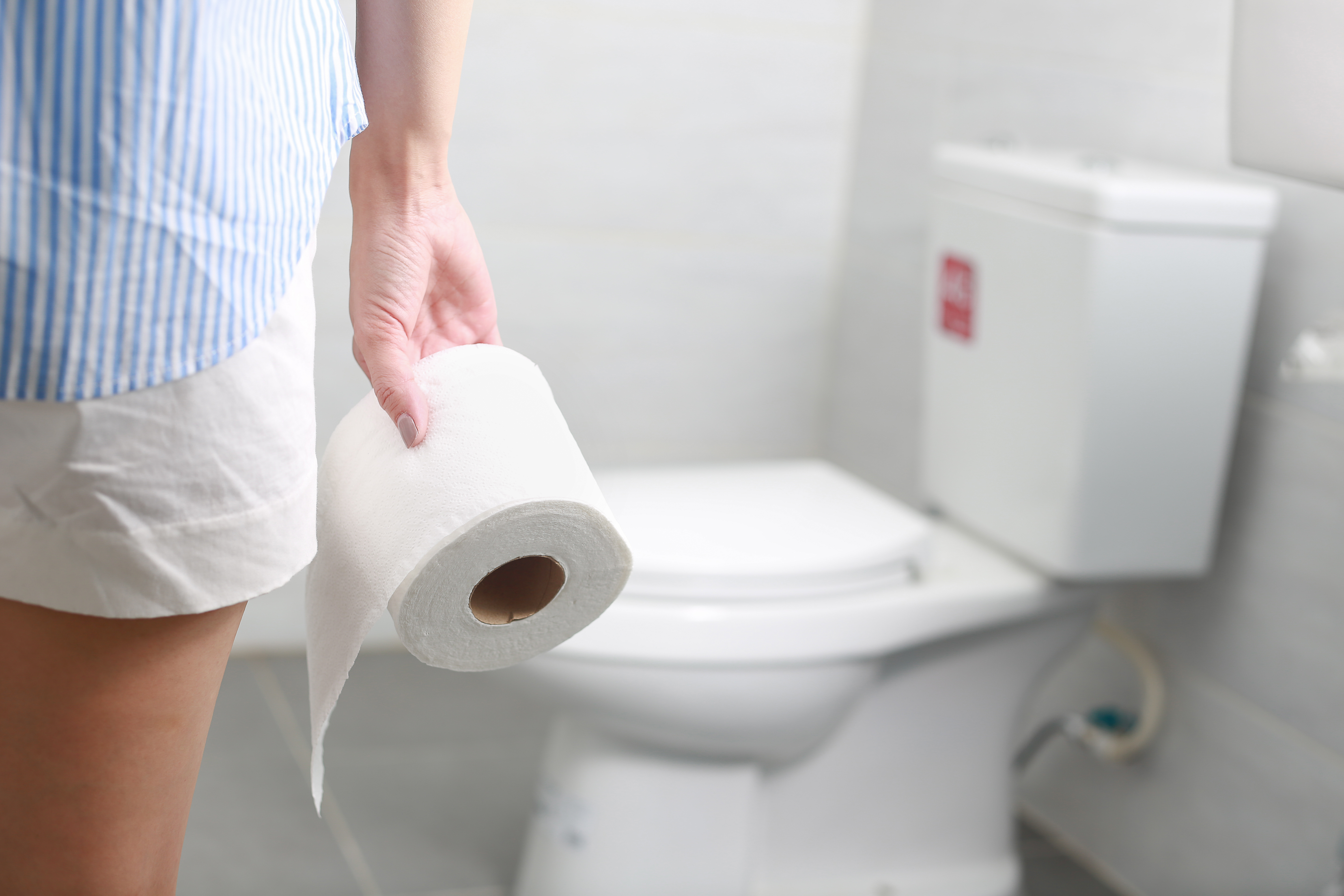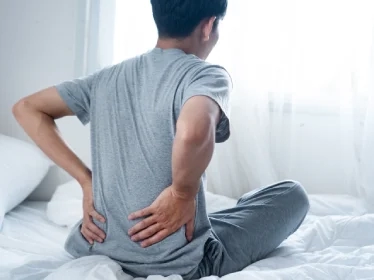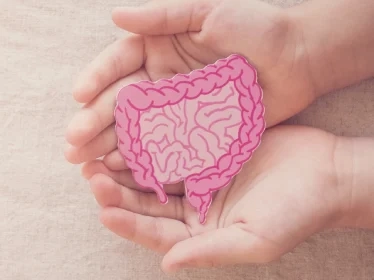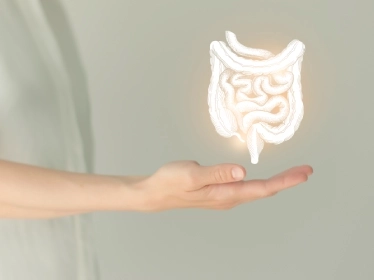
Constipation
Constipation refers to the passage of stools, which are hard, lumpy and difficult to expel. It can also mean that an individual is opening his or her bowels less than once in three days.
Hard stools and infrequent bowel movements tend to occur together. Water is absorbed in the large intestine (colon). When digested food remains in the colon for a prolonged period of time, its water content will be reduced. This results in the formation of stools, which are hard and dry. Individuals who open their bowels infrequently will develop hard stools and constipation.
Symptoms of constipation
Constipation is associated with the following symptoms:
- Bloating
- Crampy abdominal pain
- Fewer bowel movements
- Hard, small and lumpy stools
- Straining when opening one’s bowels
- A sensation of incomplete bowel emptying (a feeling of faeces in the colon despite emptying the bowels)
Other problems such as bleeding piles (haemorrhoids) and anal fissures can occur in individuals with constipation.
Evaluation of constipation
Constipation can be due to several reasons:
- Lack of fibre in the diet
- A colon which is moving too slowly (slow transit)
- Narrowing or obstruction in the colon (colon cancer)
- Failure of the muscles in the pelvis to relax (pelvic floor dysfunction)
- A problem with the nerves of the colon (e.g. Parkinson’s disease)
- Prolapse of the rectum and weakness of the muscles
- Medications that cause constipation as a side effect
- Abnormally high calcium levels
- Thyroid problems
Most cases of constipation do not require specific evaluation. Treatment with laxatives and a change in one’s diet will usually suffice. Individuals who require enemas, suppositories and long-term medicines should consider a formal evaluation. Tests for constipation may include the following:
- Abdominal X-ray
- Colonoscopy (endoscopic evaluation of the large colon)
- Blood tests for thyroid hormone and calcium levels.
- Defecography (a test to look at the movement of the rectum during defecation)
- Colonic transit study (an X-ray test to determine how fast stools are moving along the colon)
- Anorectal motility study (tests to evaluate the muscles, which promote defecation)
Treatment of constipation
If hard stools are the problem, then the aim is to have softer stools. If infrequent bowel movement is the problem, then opening one’s bowel more frequently is the goal.
If one’s fibre intake is inadequate, then one should take meals which are higher in fibre content. Fibre is present in fruits and vegetables. Whole grain cereals and breads are often fortified with fibre. Fibre supplements can bulk up the stools and keep it soft. If the intake of fibre is adequate, then adding more fibre may result in paradoxical bloating and worsening abdominal discomfort.
Taking sufficient water is important. Physically active individuals who exercise often, tend to have less constipation as well.
Most individuals will open their bowels soon after a meal, and especially in the morning. One should refrain from ignoring the urge to pass motion, as doing so may lead to constipation.
Laxatives are medicines, which are used to treat constipation. There are several types of laxatives. These work by bulking up the stools, increasing the movement of digested food within colon, retaining fluid within the stools or secreting fluid into the large intestine. In severe cases of constipation, a combination of different laxatives may be required to restore a normal bowel pattern.
When constipation is problematic, a gastroenterologist can advise on the most appropriate evaluation and treatment.




